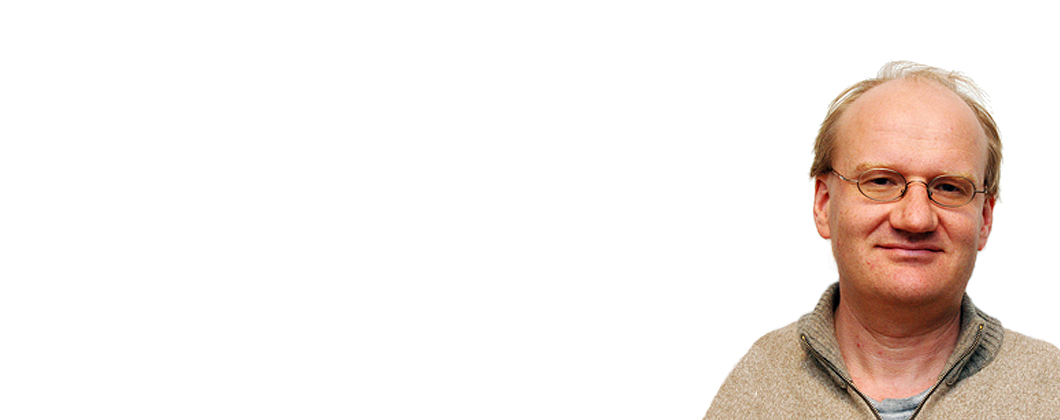“Epidemiology is a lot like detective work”
5th of September 2019

Course leader presentation: Reiner Rugulies
Psychosocial Occupational Epidemiology
26th – 28th of November 2019, Hotel Marienlyst, Helsingør, Denmark
What is your background?
I am Professor of Psychosocial Work Environment and Health at the National Research Centre for the Working Environment in Copenhagen, Denmark and Adjunct Professor at Copenhagen University. My educational background is in Psychology and Public Health.
Most of my research is in the area of psychosocial epidemiology, that is to investigate the interplay of the social environment with psychological phenomena and how this interplay may contribute to health and illness.
Why do you think psychosocial occupational epidemiology is an important and current issue to discuss in 2019?
We know from our discussions with employer and employee organizations that there is a huge interest in psychosocial conditions at work in the Nordic countries, but also in the rest of Europe. And there is a lot of interest how psychosocial working conditions are related to wellbeing, health, illness, sickness absence and labor market participation.
Psychosocial conditions at work include many things, such as quantitative and emotional demands, the level of influence one has for carrying out the work tasks, how work is organized, how it is organized in work teams and in the whole organization, and how people treat each other at work, how their social relations look like.
In Psychosocial Occupational Epidemiology we investigate how these numerous and very diverse working conditions may affect the mind of the worker, how they may affect thoughts, feelings, behavior and physiology of the worker. And we investigate if the working conditions, via changes in the mind, may affect workers’ health, both mental health, such as risk of depression, or physical health, such as risk of cardiovascular disease, musculoskeletal disorders or diabetes. This is a fascinating area that connects the social environment, psychological phenomena of the individual and individual and population health.
What would you like to say to the participants of the course?
I am very much looking forward to the course, to present our theories, research methods and results to the participants and to hear from the participants about their experiences. And to have lively discussions with the participants about how to best investigate this fascinating but also very complex area of psychosocial working conditions and health and illness.
Epidemiology has a lot to do with detective work, to identify the culprit, to find out what is affecting workers’ health and what is not. And then, and we will also cover this in the course, to think about what one can you do to use this knowledge to make conditions at work better for the workers.
More information: Course web page
Registration: Course registration
Last registration date: September 24th 2019
